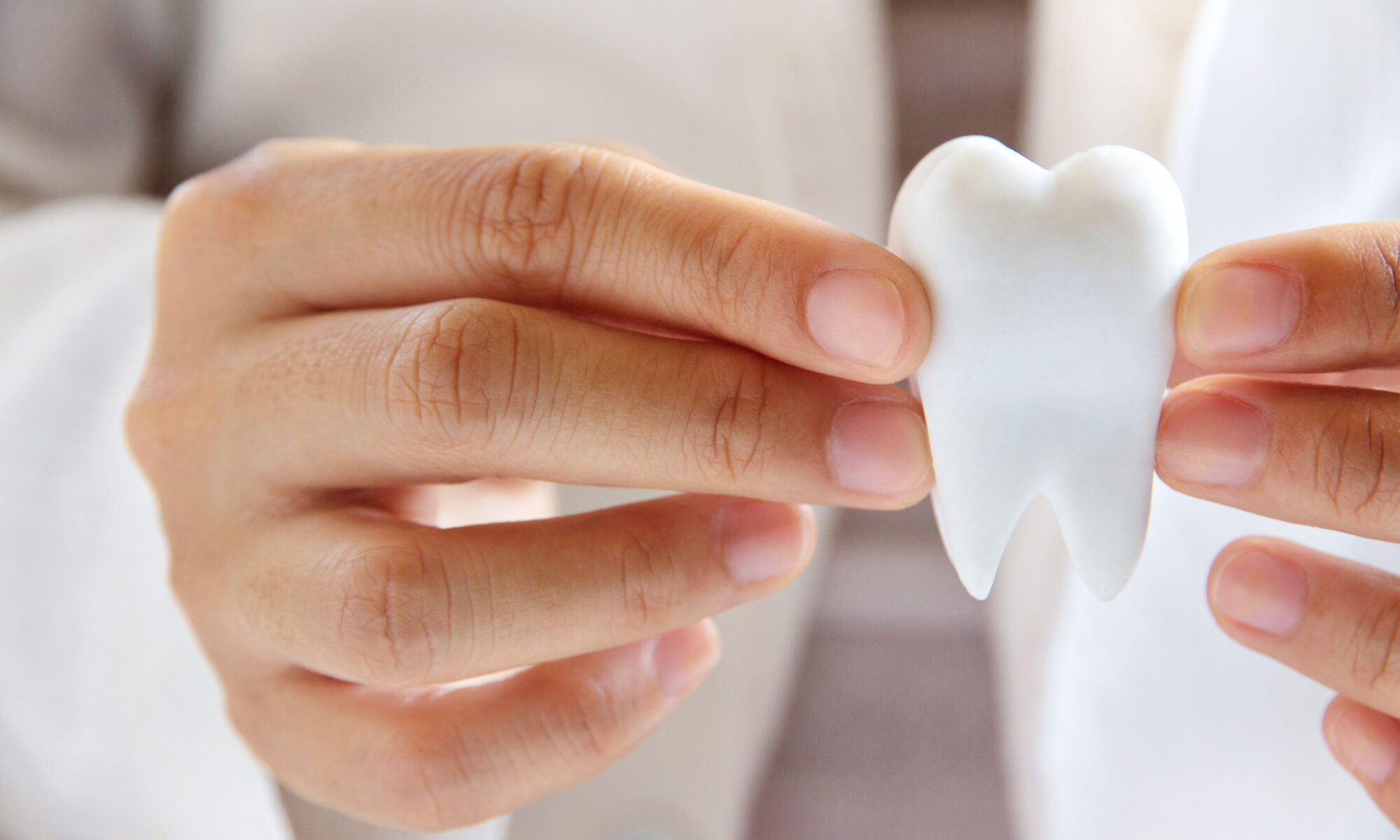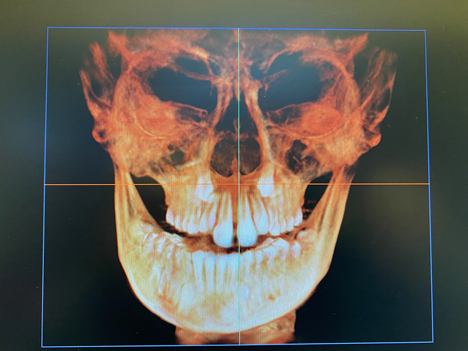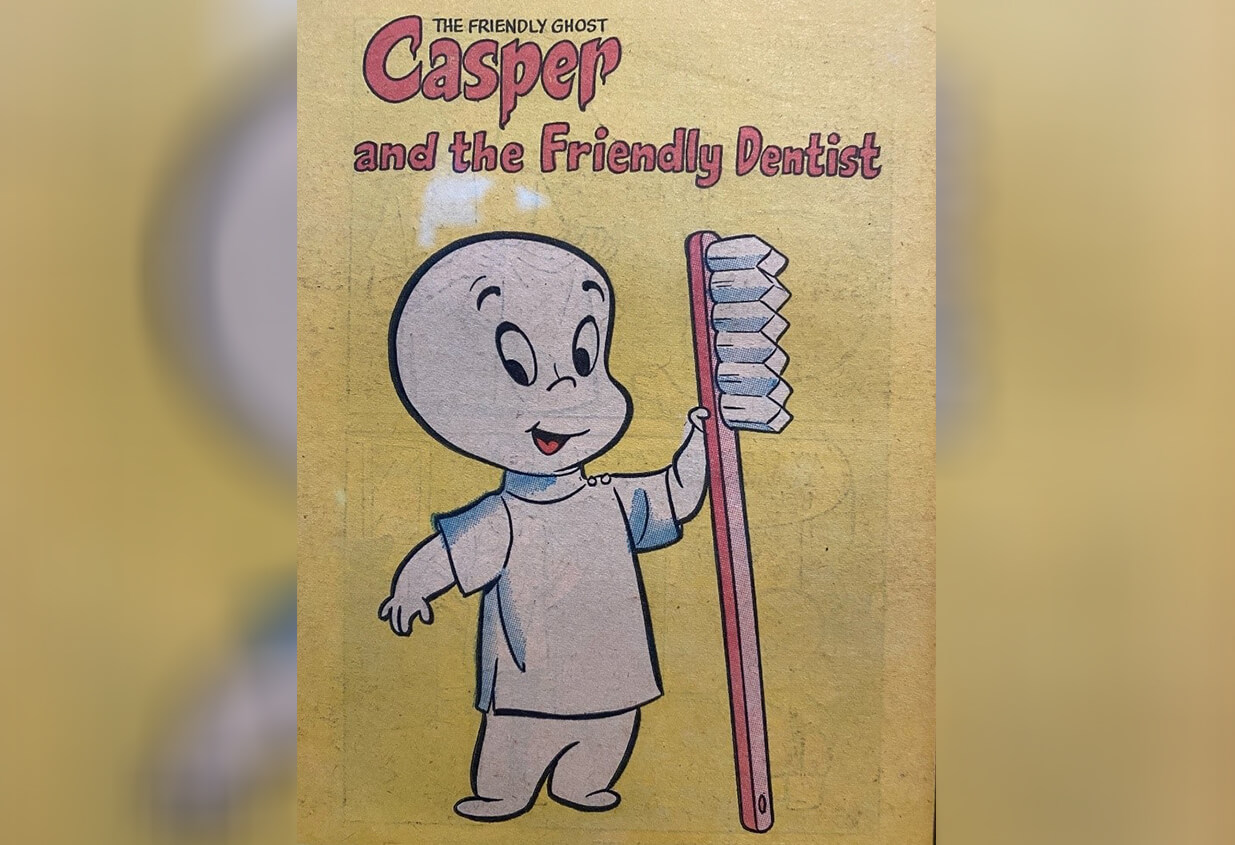Biological dentistry is a comprehensive approach to dental care that recognizes the clinically significant relationship between oral health and whole-body health. Sometimes referred to as the “mouth-body connection,” this relationship has inspired a large body of well-validated research, revealing how unhealthful conditions of the oral cavity can negatively impact the cardiovascular system, the immunologic system, respiratory function, nutrition, and even sleep—and more.
The modern practice of dentistry, including pediatric dentistry, is about much more than teeth and gums. Indeed, the practice of dentistry today incorporates and applies a wide body of knowledge from the fields of biology, physiology, medicine, biomechanics, biomaterials, photonics, and high-tech advancements in laboratory science, digital imaging, 3-D computer modeling and automated manufacturing of dental restorations (e.g., crowns) and oral appliances. Applying these sciences and technologies, biological dentists are having a truly revolutionary and highly beneficial impact on the practice of dentistry, offering patients, including children:
- A deeper understanding of the underlying biological and physiological basis of oral and systemic disease or conditions.
- A better understanding of the relationship between oral health and whole-body health, and vice-versa.
- Reduced reliance upon or total elimination of invasive oral procedures, resulting in greater patient comfort, less pain, and faster recovery from procedures, such as cavity filling or surgery on soft tissues. For example, dental lasers, rather than traditional drills, may be used for “no-touch” cavity preparation or cutting of soft tissue.
- Reduction or elimination of certain medications, products, or materials that may not be appropriate or well tolerated in some patients or that may be replaced by more “gentle” methods or forms of treatment.
- Use of more “natural” ingredients or more bio-compatible materials.
- Consideration of a wider range of “non-traditional” or “alternative” treatment options (sometimes referred to as “holistic” or “natural” dentistry).
- Greater emphasis on nutrition, behavioral changes, and whole-body health.
Pediatric biological dentists tend to emphasize infancy and early childhood development issues, establishment and reinforcement of positive habits and behaviors, reliance on the body’s natural forces for optimal growth, and recognition of the body’s self-healing and self-corrective tendencies.
Health-conscious parents across the country are actively looking for more comprehensive, natural, gentle, less invasive, and less forceful solutions to traditional dental procedures. Parents are finding more alternatives by going to a pediatric biological dentist in Los Angeles, CA.



